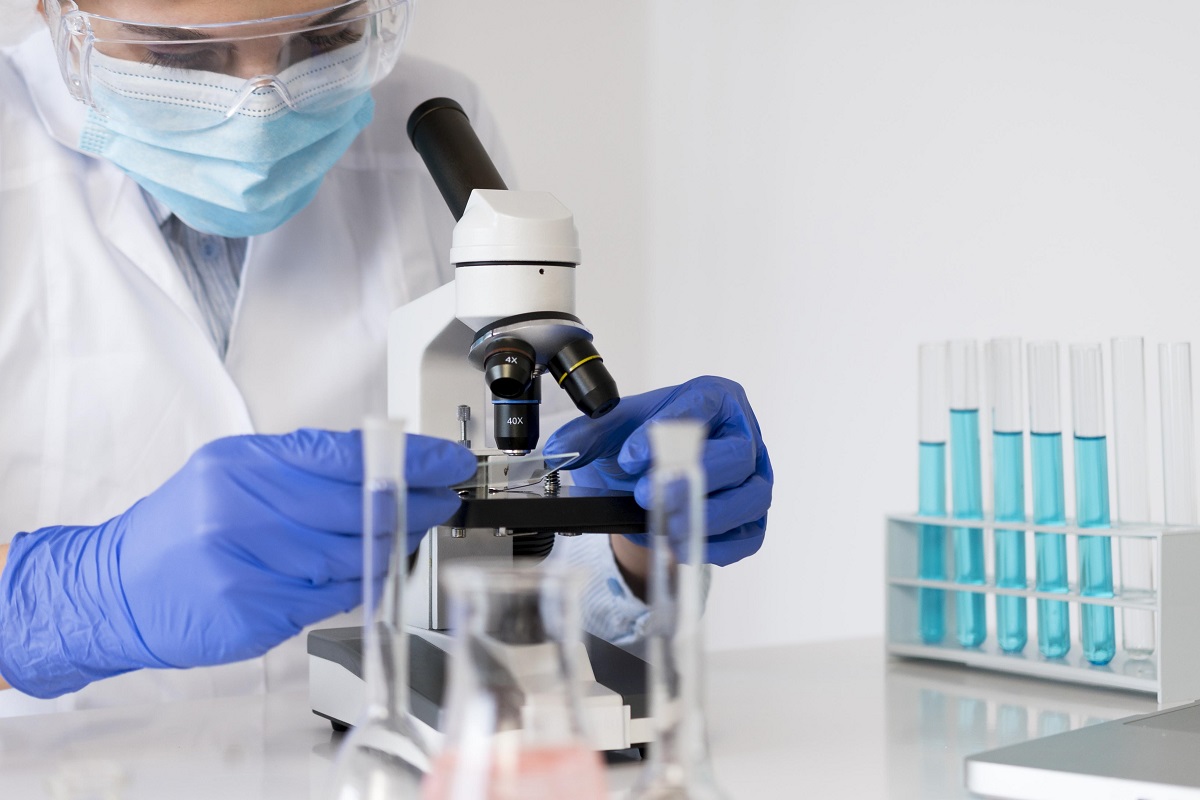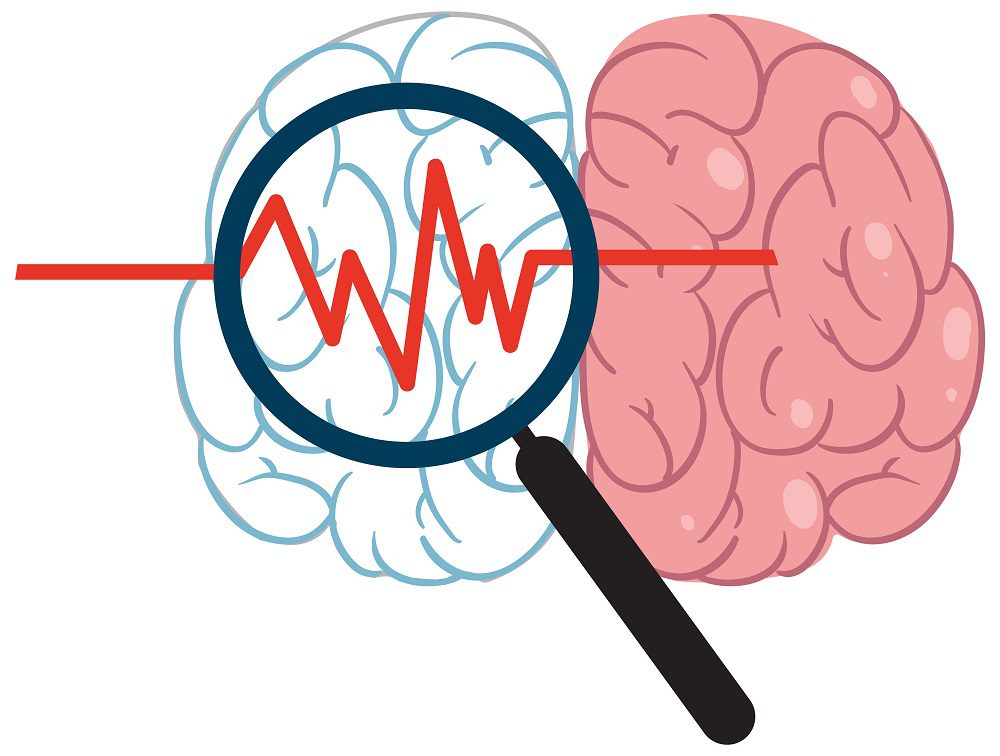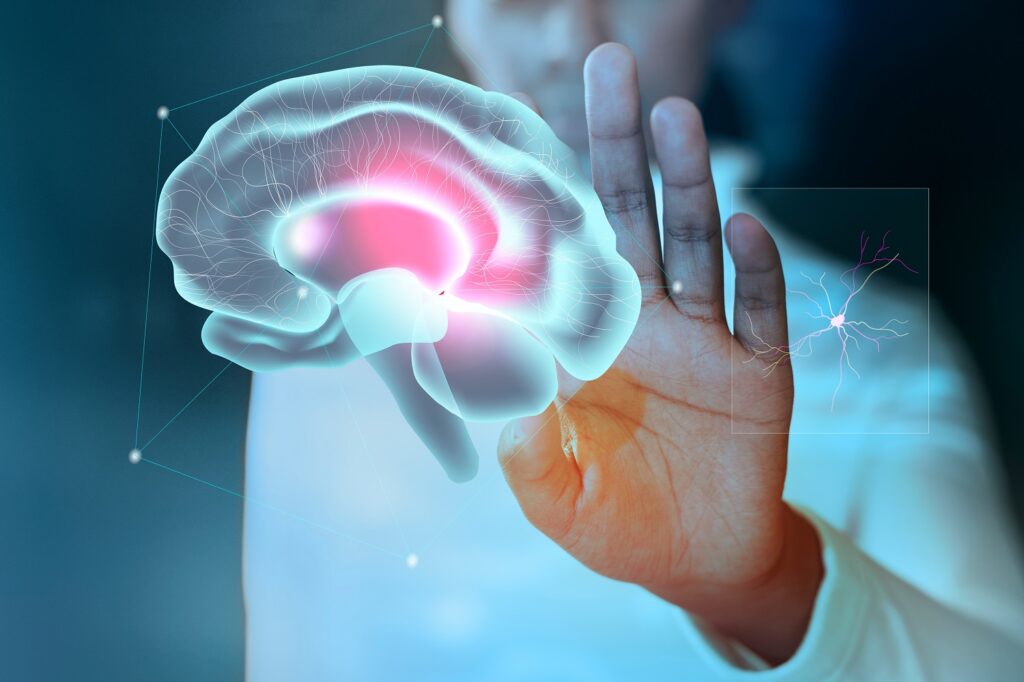Blood biomarkers are set to improve diagnosis of highly co-morbid and disabling mood disorders such as depression and bipolar disorder. A study was conducted with the view of providing targeted therapeutics and for enabling precision medicine for mood disorders. It consisted of three independent cohorts for discovery, validation and testing, respectively. The rating scales included in the study were the Hamilton Rating Scale for Depression-17 (HAMD), the Young Mania Rating Scale (YMRS) and a visual analog scale for assessing mood state (SMS-7). First, the blood gene expression changes between self-reported low-mood and high-mood changes were analysed using VAS, called the Simplified Affective State Scale (SASS) followed by prioritization of the obtained biomarkers using convergent functional genomics (CFG) and lastly validating the biomarkers in subjects with clinically severe depression and mania. After calculation of the overall convergent functional evidence (CFE) score, 26 blood gene expression biomarkers were found that were as good as or better than SLC6A4. The findings from the biological analysis using the top biomarkers suggested that circadian, neurotrophic, cell differentiation functions and serotonergic and glutamatergic signalling were involved. Networks in reactivity, activity and connectivity were found to have biological significance and the potential to be targeted therapeutically. For low-mood state assessment, the best biomarker was found to be NRG1 and for the assessment of clinical depression, DOCK10 had a decreased expression while SLC6A4 had an increased expression in low mood. The bioinformatic analysis revealed new potential therapeutics for depression.
















